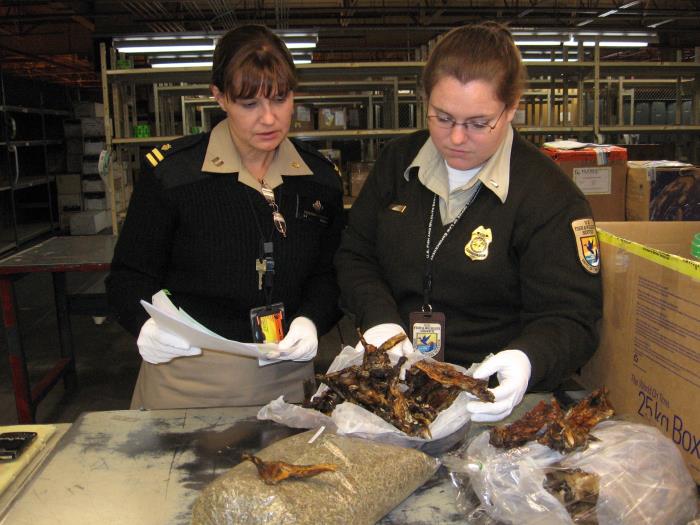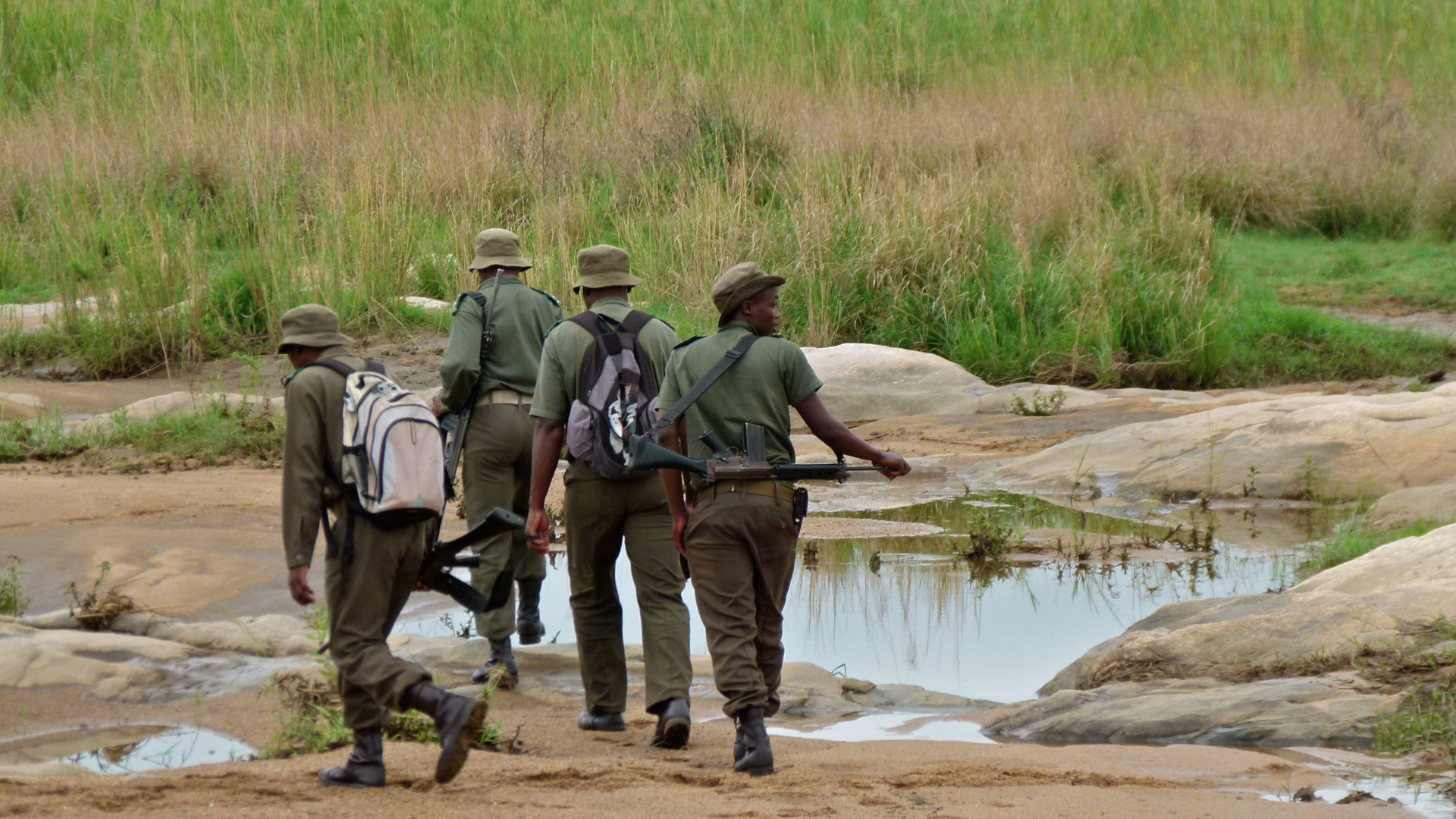Joseph Biden was elected to office as the world continues to struggle with a global pandemic that has killed more than a million people and wreaked devastating economic havoc. The pandemic has highlighted how humankind’s abuse of our planet and the irreversible loss of the biodiversity and ecosystem services upon which we all rely for our very existence simply can’t go on.
I work for TRAFFIC, a nongovernmental organization addressing issues related to wildlife trade, and the COVID pandemic has thrust this topic into the limelight. While we fully acknowledge and appreciate support received under previous administrations, it’s clear that the world has underestimated the importance and potential impacts of failing to manage wildlife trade in a way that’s legal, sustainable and, critically, includes measures to mitigate against the risk of zoonotic-disease spillover events.

How do we move forward? First, I would argue that allocating resources to understanding the risks associated with trade in animals — from any source — and how to lessen the danger of disease spillover events is a wise investment. At the onset of the COVID-19 pandemic, USAID gave the go-ahead to activities under a second phase of a Wildlife Trafficking Response, Assessment and Priority Setting (Wildlife TRAPS) Project implemented by TRAFFIC, with a renewed zoonotic disease risk focus. TRAFFIC will endeavor to ensure it’s money well spent.
Meanwhile welcome global attention has been paid to addressing the wildlife crime that undermines society and threatens the future of many of the world’s wild plants and animals. But we’re still not there in curbing these crimes. More resources will help get us over the line.
These include better equipment, training and working conditions for the rangers on the front lines; enhanced use of wildlife forensics; training of detector dogs; and even access to skilled translators to assist enforcement agencies with interpreting transactions involving foreign nationals. We also need to see renewed efforts by governments, helped by nongovernmental organizations and others, to reduce the consumer demand that fuels such trade.

Finally, the Biden era must go down in history as the turning point when world governments came together in a united front to address the conservation crisis and start down the long road to repair. Next year the delayed 15th Conference of the Parties to the Convention on Biological Diversity will take place, when world governments will finalize the goals and policies of the post-2020 Global Biodiversity Framework that will guide humankind to a biodiverse and sustainable future. The current draft of the Framework features, for the first time, a target on wildlife trade. It calls on governments to ensure that the harvesting, trade and use of wild species of fauna and flora are legal, at sustainable levels, and safe by 2030. It would be entirely appropriate if the Biden administration were at center stage throughout the negotiations. Given the role of the United States on the world stage, if Biden takes strong action, other countries will doubtless follow his lead.
Already the U.S. intention to rejoin the Paris Climate agreement has been a major symbolic step, signaling the country’s aim to be at the forefront of global efforts to begin the healing process. Make no mistake: Building a green future is an enormous opportunity for businesses in the United States and beyond to meet the challenges of, and profit from, achieving the goal of a zero-carbon economy. Biden’s policies should encourage achievement of that goal on every level. The future is bright, but only if it’s green.
With the world’s climate, forests and other natural resources under ever-increasing pressure, there has never been a more urgent need for the robust guidance, sound policies and strong leadership needed to protect our planet. The next four years could be the make-or-break moment.
The opinions expressed above are those of the author and do not necessarily reflect those of The Revelator, the Center for Biological Diversity or their employees.
![]()


